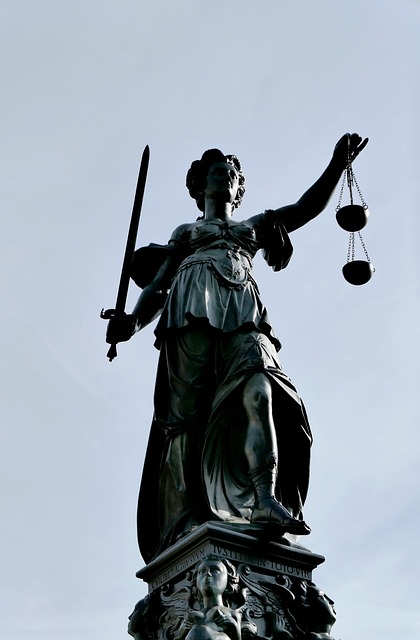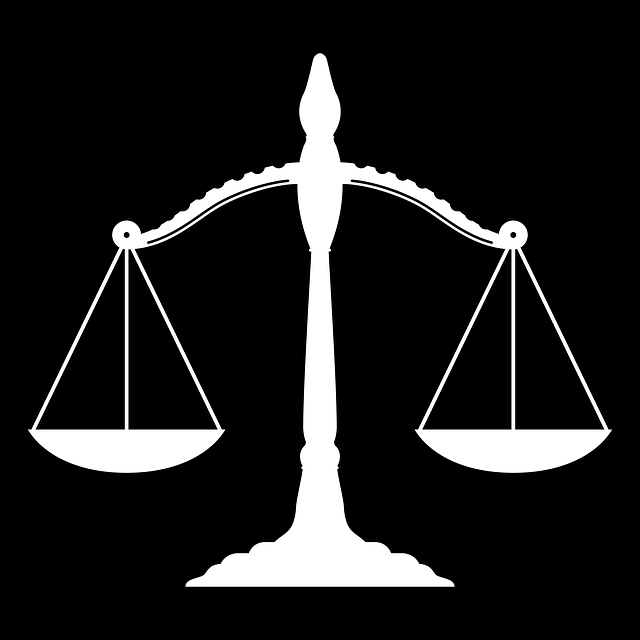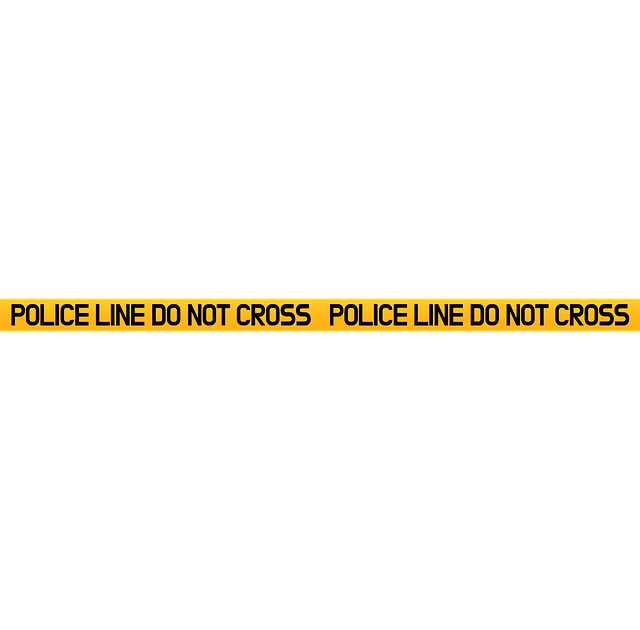Public corruption, including embezzlement, bribery, and abuse of authority, undermines democratic values and requires citizens' vigilance. To report employment law violations in such cases, one should follow a structured approach: document evidence, identify relevant authorities, submit detailed complaints, and potentially consult legal experts like whistleblowers' attorneys, who can provide guidance on navigating laws like the Whistleblower Protection Act. Legal aid organizations offer pro bono services to ensure personal safety during the reporting process.
Public corruption charges are a serious matter, undermining public trust and integrity. This article guides you through the intricacies of understanding these charges, their impact on government bodies and citizens alike, and provides crucial insights on how to report employment law violations in the public sector.
We’ll outline step-by-step processes for documenting and filing complaints, while also highlighting safeguards for whistleblowers. Learn how to navigate this complex landscape effectively by understanding your rights and responsibilities when it comes to How to Report Employment Law Violations.
- Understanding Public Corruption Charges: What They Involve and Who's Affected
- When to Report: Recognizing Employment Law Violations in the Public Sector
- The Reporting Process: Steps to Document and File a Complaint
- Protecting Yourself: Safeguards and Considerations for Whistleblowers
Understanding Public Corruption Charges: What They Involve and Who's Affected

Public corruption charges are a serious matter that involves illegal acts by individuals in positions of power or public trust. These can include embezzlement, bribery, fraud, and abuse of authority. When public officials engage in such misconduct, it not only undermines democratic principles but also has profound implications for citizens and institutions alike. Public corruption affects everyone, from businesses navigating bureaucratic processes to everyday citizens who rely on government services.
Understanding how these charges are brought is crucial. The process typically begins with an investigation, often initiated by law enforcement agencies or regulatory bodies. This involves gathering evidence, interviewing witnesses, and analyzing financial records. Once sufficient proof is established, charges are filed, leading to a legal battle that spans all stages of the investigative and enforcement process. For those facing such accusations, seeking expert counsel in white-collar defense is vital, as achieving extraordinary results often hinges on meticulous strategy and adherence to legal protocols. Additionally, citizens play a role too—knowing how to report employment law violations can be a powerful tool against public corruption.
When to Report: Recognizing Employment Law Violations in the Public Sector

When considering how to report employment law violations in the public sector, it’s crucial to act promptly when recognizing such issues. Public corruption charges often stem from unethical practices that may go unnoticed for extended periods, making timely reporting a cornerstone of maintaining integrity within government bodies and their respective businesses. The process involves navigating all stages of the investigative and enforcement process while adhering to legal protocols.
Citizens play a vital role in this system by keeping an eye on public sector activities. If you suspect any violation, whether during hiring processes, performance evaluations, or contract awards, it’s essential to gather evidence and report it through the proper channels. An unprecedented track record of successful investigations and enforcement actions can be achieved by following these steps, ensuring a transparent and accountable government.
The Reporting Process: Steps to Document and File a Complaint

Reporting public corruption charges begins with documenting and filing a complaint. The first step is to gather evidence and record any suspicious activities or illegal practices. This includes collecting details such as dates, locations, individuals involved, and specific actions taken that suggest corruption. It’s crucial to maintain records of all communications related to the incident(s), whether written or verbal.
Once you have concrete evidence, the next phase involves determining the appropriate authority to file a complaint with. Different jurisdictions have specialized agencies dedicated to investigating public corruption. These agencies may vary in their reporting requirements, so it’s essential to research and understand the specific process for your location. After identifying the correct body, submit your detailed complaint along with supporting documents. This sets in motion the investigative process, which includes a thorough review of all evidence and interviews with relevant parties. An unprecedented track record of achieving extraordinary results is often evident throughout all stages of the investigative and enforcement process.
Protecting Yourself: Safeguards and Considerations for Whistleblowers

Reporting employment law violations can be a complex and risky process, especially when dealing with public corruption. If you’re considering coming forward as a whistleblower, it’s crucial to understand the potential consequences and take steps to protect yourself. Firstly, consult legal counsel experienced in handling such cases; they can provide guidance tailored to your situation, ensuring compliance with laws like the Whistleblower Protection Act (WPA), which offers safeguards against retaliation for reporting illegal activities.
Knowing how to report employment law violations effectively is key to avoiding indictment and protecting your rights. Across the country, legal aid organizations specialize in assisting whistleblowers, offering pro bono services to help corporate and individual clients navigate this challenging process. They can provide insights into documenting evidence, maintaining a paper trail, and safely communicating concerns to relevant authorities without risking personal safety or career stability.
Understanding public corruption charges is essential for promoting transparency and accountability in government. By recognizing employment law violations, reporting them through proper channels, and protecting whistleblowers, we can ensure that our public sector operates ethically and responsibly. Following the outlined steps on how to report these violations can help maintain a fair and just society for all.






